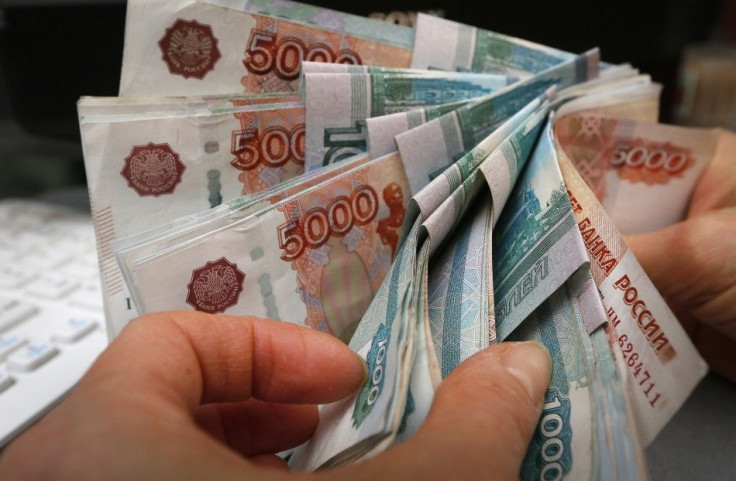EU Already Wants To Resolve Conflict With Russia, Further Sanctions ‘Foolish And Damaging’

Member-nations of the European Union have expressed desire to resolve the growing conflict with Russia over the Ukraine crisis, hinting further destabilisation to the two countries will greatly impact the region as a whole.
Federica Mogherini, High Representative of the European Union for Foreign Affairs and Security Policy, said the union must introduce a direct dialogue with Russian President Vladimir Putin. She stressed the leaders of the other western nations seemed to agree. "I often speak to [US Secretary of State John] Kerry and there is complete unity in views on the Ukrainian crisis, and similar views exist in other countries, from* Canada to Japan. And everyone wants to end the logic of confrontation, the wall to wall," Mogherini said in an interview with the Italian La Repubblica newspaper.
Austrian President Heinz Fischer also believed slapping more sanctions on Russia which is "already weak" is a "foolish and damaging" step because it will surely not result to the "desired political goals." He stressed in an interview with APA news agency the "economic crisis in Russia is capable of creating more problems than it is capable of solving."
Relations between Russia and the western nations plummeted as the former got involved in Ukraine's internal affairs. Moscow had consistently denied such. Members of the EU, as well as the United States and a number of their allies slapped round after round of sanctions on Mr Putin's bailiwick in an effort to cripple the country.
But the sanctions aren't enough and EU-member nations have admitted they have reached a dead end.
"I support those who say that we have reached a stage where...the imposition of new sanctions against Russia will continue to hinder its development, but will not bring us closer to an amicable solution," Fischer said. "The sanctions pose considerable problems...a serious crisis in Russia and an economic collapse would only create more problems. The doors between Europe and Russia must remain open in the economic field."
He said slapping more sanctions on Russia, which is grouped into three categories, such as personal, corporate and sectoral, is tantamount to suicide for the entire region.






